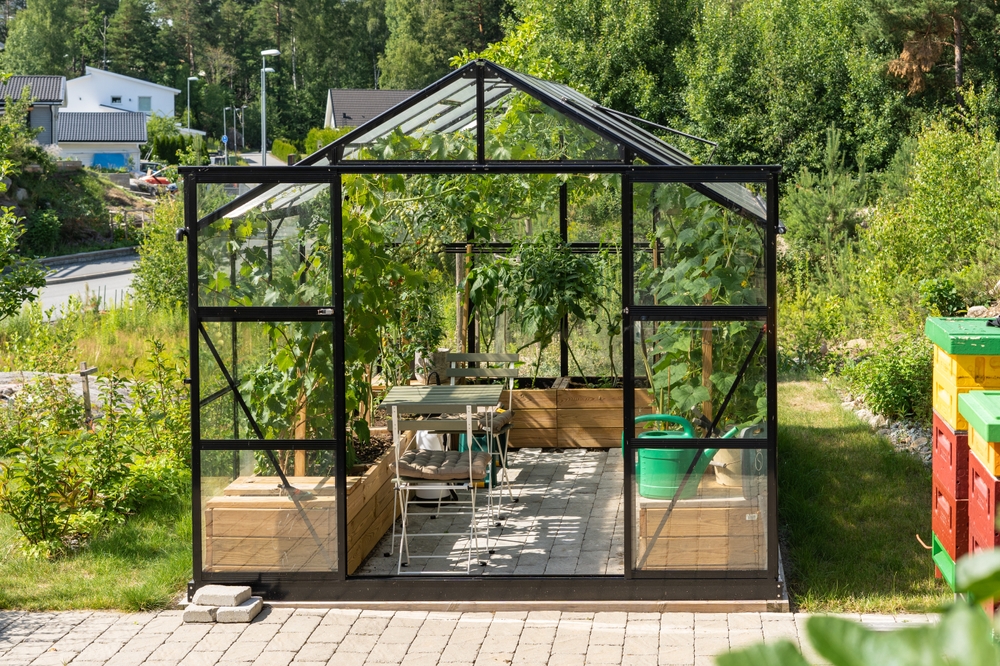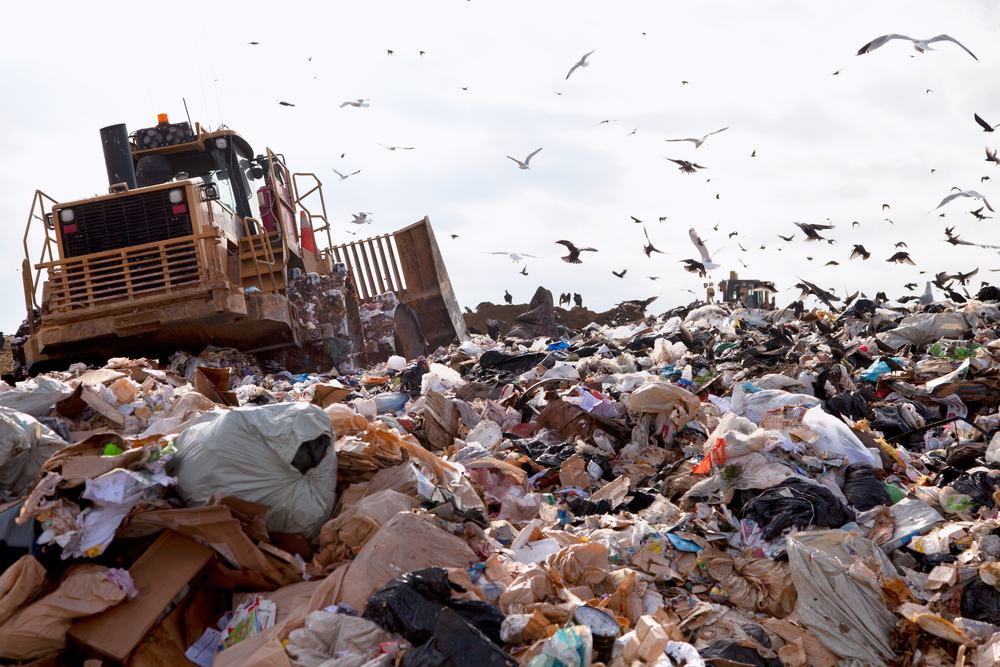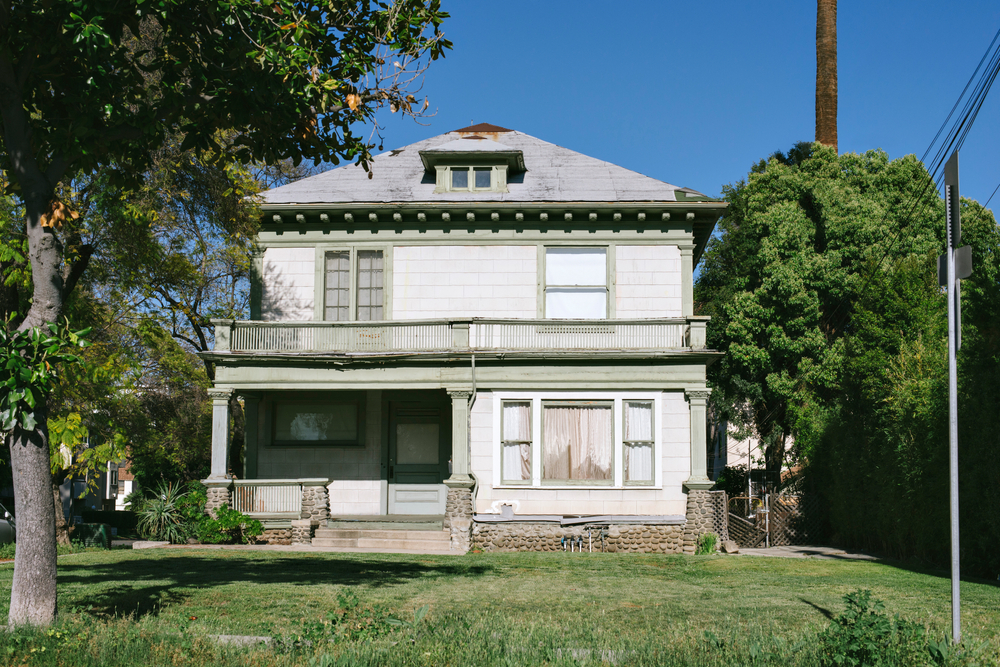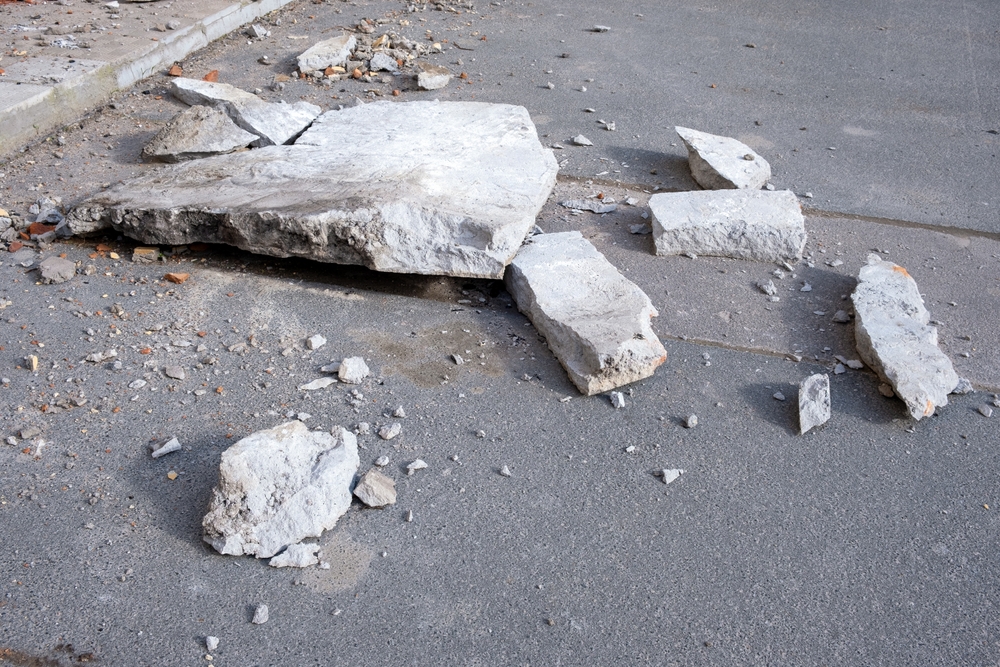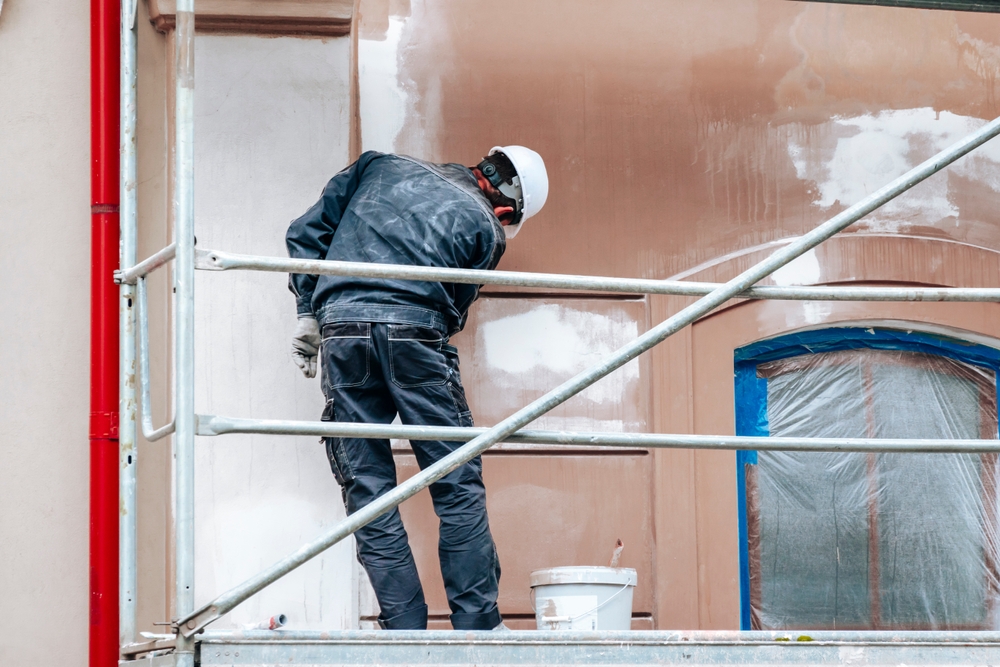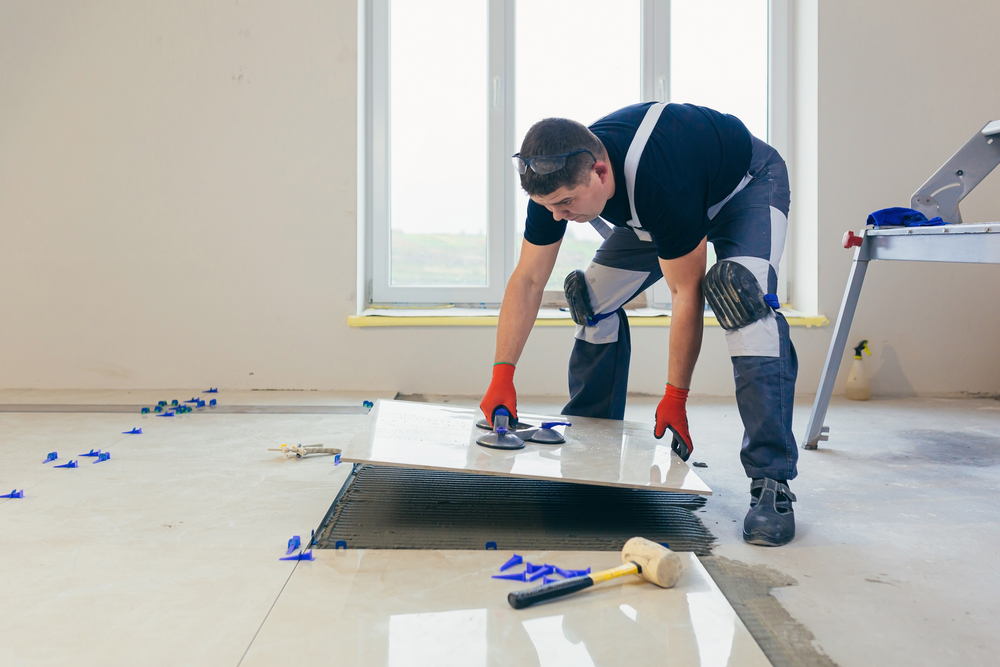March 1, 2024 - Benjamin Ehinger
Baltimore County Dump: Your Guide to Waste Disposal and Recycling Centers
CALL NOW 844-762-8449
When managing large quantities of waste, whether from a household cleanout, renovation project, or any significant undertaking, figuring out how to properly dispose of it is crucial. In Baltimore County, various facilities are equipped to handle residential trash and recyclables. If the task of hauling your own waste seems daunting, consider contacting Waste Removal USA for local dumpster rentals, an efficient solution where professionals take charge of transporting your waste to the Baltimore County dump, ensuring adherence to disposal guidelines and regulations.
Navigating the details of trash disposal and recycling can be complex, and Baltimore County provides guidelines to simplify the process. From drop-off center locations with operating hours catered to convenience to an extensive list of items that are accepted, staying informed is key. Adhering to these standards not only facilitates a smoother waste management experience but also supports the county’s commitment to minimizing the environmental impact of waste.
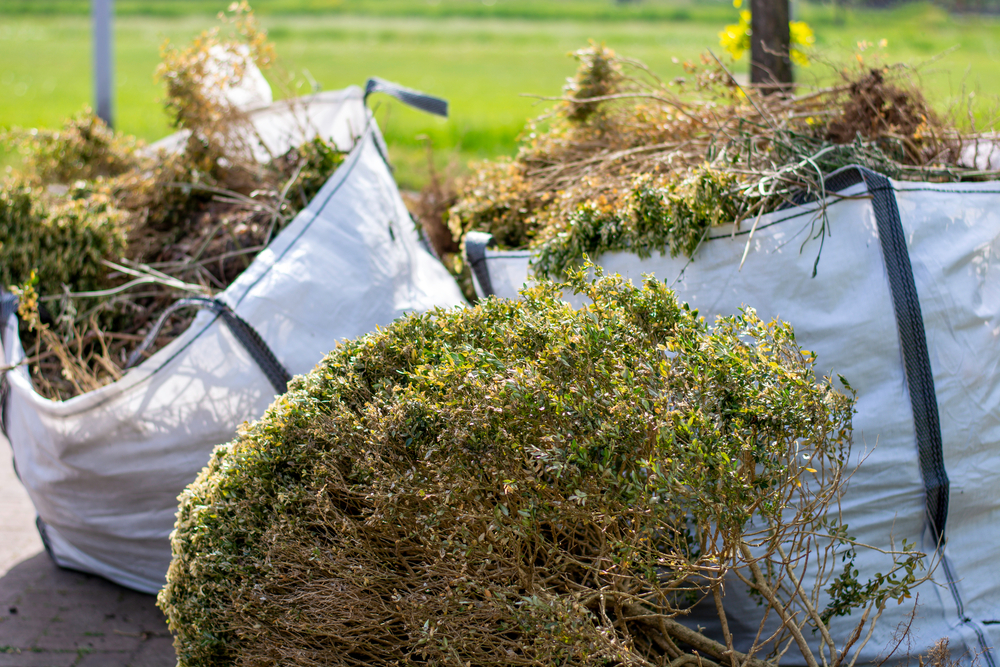
 In Baltimore County, managing waste and maintaining environmental quality are closely regulated to mitigate pollution and ensure sustainability.
In Baltimore County, managing waste and maintaining environmental quality are closely regulated to mitigate pollution and ensure sustainability.
Key Takeaways
- Utilizing professional waste removal services can simplify navigating Baltimore County’s trash disposal system.
- Baltimore County operates several facilities with clear guidelines on what materials are accepted.
- Proper disposal methods are regulated to reduce environmental impact within the community.
Locations and Hours
In Baltimore County, you have access to several facilities dedicated to waste management. Each has its respective location and hours of operation to accommodate your needs for trash and recycling disposal.Facility Locations
- Central Acceptance Facility Address: 201 Warren Road, Cockeysville, Maryland, 21030
- Eastern Sanitary Landfill Solid Waste Management Facility Further information about additional facilities can be found on the Baltimore County Government website.
Operating Hours
For all Baltimore County facilities, the hours are generally as follows, though it’s best to confirm via the provided contact options as hours may vary for specific services or holidays:- Monday through Saturday: 7:00 AM – 4:00 PM
- Closed on Sundays and specific holidays.
Items Accepted
Baltimore County operates several facilities where you can dispose of various items responsibly. Below you will find a breakdown of the types of materials the county’s dump sites will accept.Recyclable Materials
- Paper: Books, newspapers, and cardboard.
- Plastics: Containers labeled with recycle codes 1 through 7.
- Glass: Bottles and jars of all colors.
- Metals: Aluminum cans, tin cans, and clean foil.
- Mixed Materials: Cartons and aseptic packaging.
Household Waste
- Electronics: Computers, monitors, and televisions.
- Furniture: Chairs, tables, and sofas.
- Appliances: Refrigerators, washers, and dryers.
- Special Items: Tires, batteries, and motor oil.
Yard Waste

- Grass Clippings
- Leaves
- Branches: Must be less than 6 inches in diameter and 8 feet in length.
Disposal Procedures
Baltimore County offers structured disposal procedures to ensure environmental safety and efficiency. As a resident, you need to understand the specific guidelines for drop-off and hazardous waste disposal.Drop-Off Guidelines
When visiting the Residents’ Drop-Off Center, keep in mind that you must follow the posted regulations meticulously. For example, items such as general household trash, recycling, and yard materials are accepted for drop-off. It’s essential that you:- Separate recyclables from trash before arrival
- Bring proof of county residency, such as a driver’s license or utility bill
- Adhere to vehicle restrictions and potential fees based on load size and materials
Hazardous Waste Disposal
The Household Hazardous Waste Program operates with distinct guidelines for your safety and to protect the environment. You can dispose of items like paints, batteries, and fluorescent light bulbs. To dispose of hazardous waste properly:- Check the Accepted Materials Directory for a detailed list of what’s accepted
- Bring these items only on designated drop-off days
- Ensure that all materials are in original containers or labeled clearly if in secondary containers
Environmental Impact and Regulations
 In Baltimore County, managing waste and maintaining environmental quality are closely regulated to mitigate pollution and ensure sustainability.
In Baltimore County, managing waste and maintaining environmental quality are closely regulated to mitigate pollution and ensure sustainability.
Pollution Prevention
You can contribute to pollution prevention by following guidelines for waste disposal at Baltimore County facilities. Proper disposal of hazardous materials and segregation of recyclables from general waste reduces negative impacts on landfills and helps prevent soil and water contamination.County Regulations
Your adherence to the county’s regulations is crucial for environmental protection. Baltimore County has specific legislation such as the Regulations for the Protection of Water Quality, Streams, Wetlands, and Floodplains to oversee waste management practices. Additionally, the Forest Conservation Regulations and the Chesapeake Bay Critical Area Regulations play significant roles in conserving natural resources while managing waste. Compliance with these regulations helps maintain Baltimore County’s commitment to environmental sustainability.Frequently Asked Questions
When you’re planning a trip to the Baltimore County dump, you’ll likely have a few questions about operation, regulations, fees, the types of waste accepted, and other specifics. Below, you will find pertinent information addressing your most common inquiries.What are the operating hours for the Baltimore County landfill?
The hours of operation for the Baltimore County landfill can vary, so it’s best to check the official website for the most up-to-date information before planning your visit.Can you describe the rules and regulations for disposing of waste at the Baltimore County dump?
For ensuring public health and environmental safety, there are specific disposal rules and guidance in place. All waste must be disposed of in accordance with the applicable laws and regulations outlined by the Baltimore County Government.What are the fees associated with using the Baltimore County dump services?
Most residents may dispose of waste at the Baltimore County facilities free of charge. However, certain materials might incur a fee, so you should verify any cost implications beforehand.What types of waste are accepted at the Baltimore County waste facilities?
Baltimore County’s waste facilities accept a variety of waste materials, including recyclables, household trash, and yard materials, but there are restrictions on hazardous waste which are detailed on their website.Are there any specific limits or restrictions on the amount of waste one can dispose of at the Baltimore County dump?
While the Baltimore County waste facilities generally accommodate residential waste in reasonable quantities, it’s important to check for any volume restrictions especially if you’re planning to dispose of large amounts of waste. Anytime you need to make sure you are getting rid of your waste materials properly, you can use a dumpster rental in Baltimore and work with our professionals.Do the Baltimore County waste facilities accept large appliances, such as refrigerators, for disposal?
Disposal of large appliances, or white goods, is accepted; however, there are guidelines you need to follow which might include the removal of hazardous components like refrigerants. Check the specific guidelines for household hazardous waste to ensure proper disposal.RECENT BLOGS
Our Reviews
Glenda Lanier Prowell
1721758635
I have ordered an 11 yard dumpster to be delivered to my house.Lonier was extremely helpful and answered all my questions. The rate was very reasonable.
Cedric Smikle
1721660395
Amber was extremely professional and courteous. She answered all of my questions and even some that I didn’t know I needed to ask.
Cait Kaider
1721243051
I highly recommend Waste Removal USA for their responsiveness and how the staff work hard to provide exceptional customer service. They have done well by us and our clients. Thank you!
Easom Family
1721223306
Louiner Pierre-Louis Is awesome! Did a great job. Will definitely be using this same company for all my dumpster needs because of his awesome customer service! Thank you!!!
tabitha Vazquez
1720539988
Wonderful and fast customer service!
LATEST BLOGS
